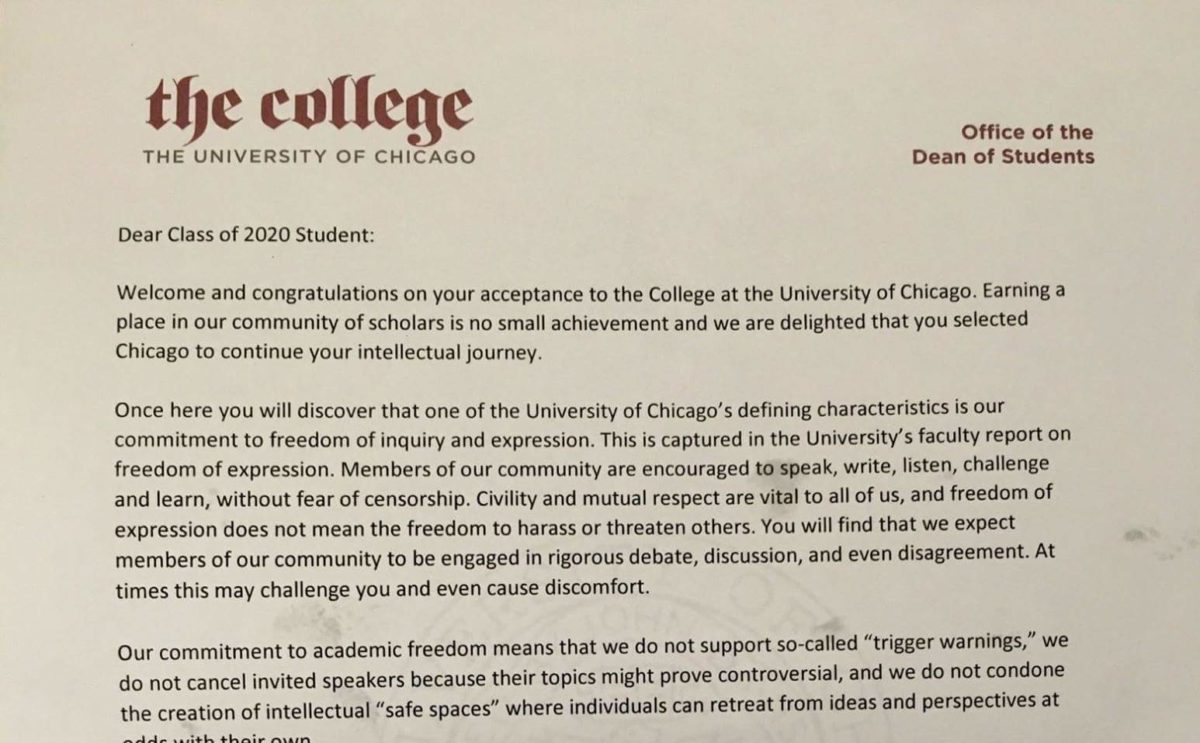Former NBA official Tim Donaghy was sentenced to 15 months in prison last week for gambling on NBA games, some of which he himself officiated. The interesting thing about this case is not the question of whether or not the defendant was guilty. This was not a “whodunit?” case; Donaghy openly admitted his guilt at the trial. The interesting thing was his argument for why he should not go to prison.
Donaghy’s defense: he is a gambling “addict.” In a statement filed in a Brooklyn court, treatment counselor Stephen Block said Donaghy “could not stop himself from gambling.” (See here.) According to Block, gambling is an “illness,” a “hidden disease” which compels its victim to break the law against his will. This kind of testimony was the cornerstone of Donaghy’s defense.
This view is very widespread, and is not limited to gambling. Drug abusers, alcoholics, porn fanatics, and wife-beaters all claim that their self-destructive behavior is a result of forces beyond their control.
Whatever the facts of this particular case, being an addict does not exempt a person from the law because an addict still chooses his actions.
Consider a pedophile who is sexually attracted to young children and abuses children by acting on his attraction. Whatever the cause of his desire, there is nothing inherent in the desire that necessitates his acting on it. Whatever psychological obstacles—and they may be significant—such a man has to overcome to rehabilitate his desire, he still retains the choice of whether to act on it or not.
No matter what a man’s habits or emotional state (leaving aside the truly insane), he is always capable of making a choice. The desire to commit self-destructive acts does not compel one to act. Desires can only rule the man who allows emotions to dictate his life.




